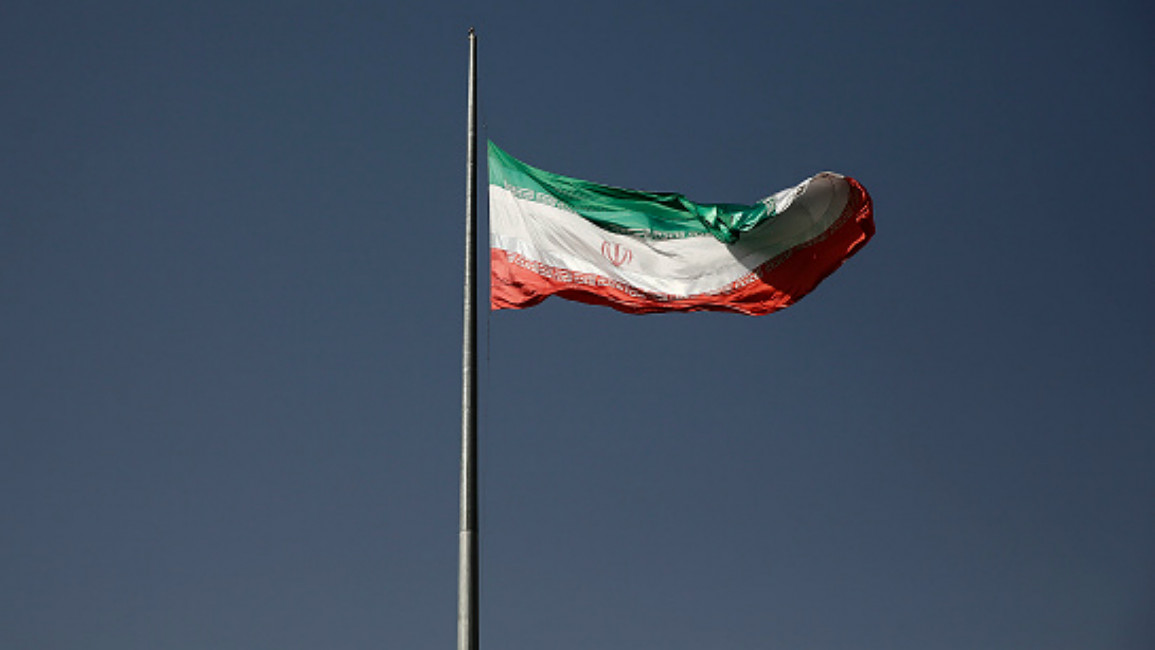
Persian translator mocked for 'softening' Trump's anti-Iran speech
Persian translator mocked for 'softening' Trump's anti-Iran speech
A Persian translator has come under fire for softening US President Donald Trump's anti-Iran rhetoric during a live speech at the UN General Assembly, local media reported.
2 min read
Chitsaz said he wanted to spare his people from verbal attacks [Getty]
An Iranian television translator has come under fire for soft-balling US President Donald Trump's attacks on Iran in his maiden speech to the UN General Assembly.
Nima Chitsaz, a translator for state broadcaster IRIB, justified the move by claiming he had decided to spare his Persian-speaking viewers from the verbal attacks by the US president, in the heat of the moment.
"I don't think it would be nice for me to speak on national TV against my own country," he later told IRINN television.
As a result, when Trump accused Iran of being a "depleted rogue state whose chief exports are violence, bloodshed and chaos", Chitsaz's Persian translation was simply: "Iran speaks of destroying Israel."
Trump later told the UN assembly: "Other than the vast military power of the United States... Iran's people are what their leaders fear the most."
Which was translated for Iranian viewers as: "The US Army is a very strong army and the Iranian nation is a very strong nation."
"This is what causes the regime to restrict internet access, tear down satellite dishes, shoot unarmed student protesters, and imprison political reformers" was relayed as: "Many incidents happen in Iran which are unacceptable to us."
Twitter Post
|
Chitsaz was slammed on social media, with one reformist politician accusing him of "censoring and distorting" the speech.
Even the semi-official ISNA news agency said it would further erode trust in the Iranian media, and push viewers to use exiled Persian channels instead.
"Are you paid to translate or to translate whenever you see fit?" wrote one of many mocking Twitter users.
"You should have translated Trump's nonsense so that people could better judge this stupid person," argued another.
Chitsaz responded by saying that the English had been left loud enough for people to translate for themselves.
"I think anybody else in my place would not have translated it," he maintained.




